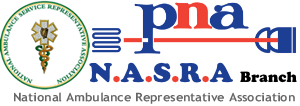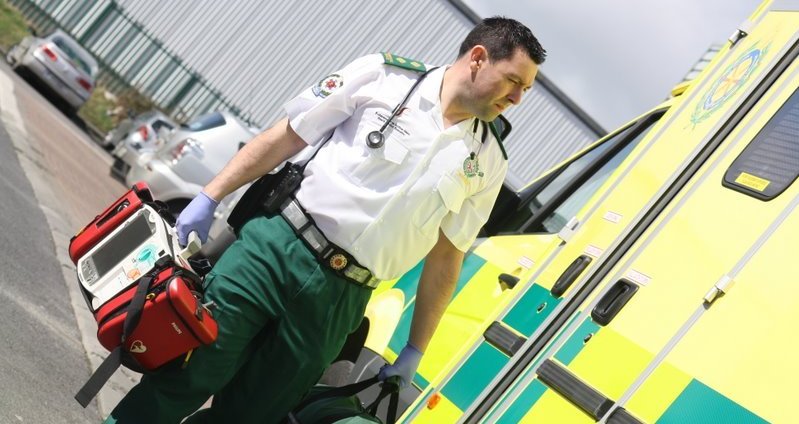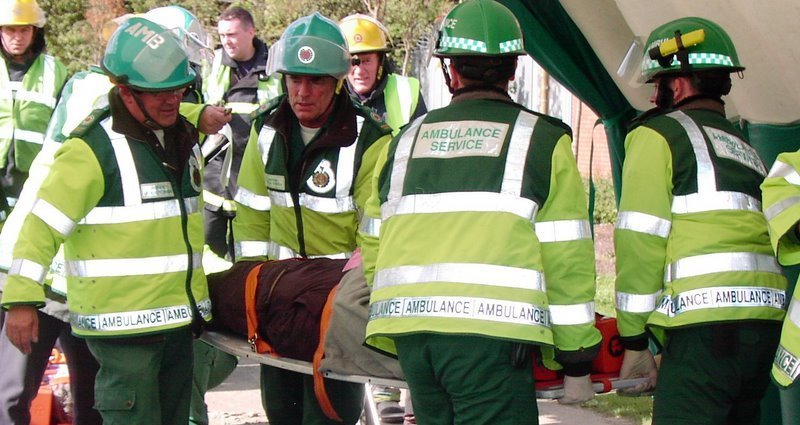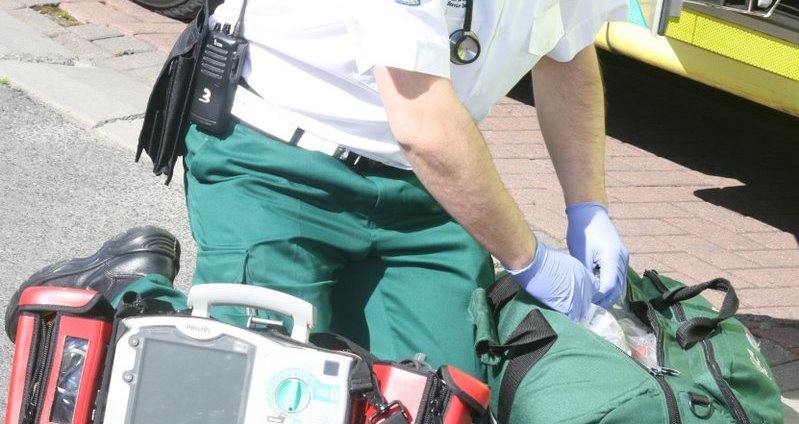The education, training and qualification of pre-hospital emergency care practitioners are governed by the Pre-Hospital Emergency Care Council (PHECC). PHECC is the statutory pre-hospital emergency care standards regulator which was established in 2000 under the Health (Corporate Bodies) Act, 1961. PHECC's primary role is to protect the public by ensuring that practitioners achieve and maintain competency at the appropriate performance standard.
The titles Emergency Medical Technician (EMT), Paramedic, and Advanced Paramedic (AP) identify healthcare professionals who have completed PHECC's Standard of Education & Training at the relevant level and have been awarded the National Qualification in Emergency Medical Technology (NQEMT). Pre-hospital emergency care practitioners, once qualified, are eligible to join the PHECC register.
Emergency Medical Technician (EMT)
An EMT can provide basic life support and is a registered practitioner who has completed PHECC's Standard of Education & Training at EMT level. This is the minimum clinical level that is recommended to provide care and transport of an ill or injured patient.
The duration of education and training is five weeks and is designed to provide the EMT with the knowledge and skills for working primarily in patient transport services and in supporting the pre-hospital response to patients accessing the 999/112 emergency medical services. The EMT can work for the National Ambulance Service; Dublin Fire Brigade; fire, rescue and auxiliary services; as well as voluntary or private ambulance services.
Successful completion of an EMT course at a PHECC-Recognised Training Institution entails four weeks theory and one week clinical practice and assessment. The National Qualification in Emergency Medical Technology (NQEMT) at EMT level is awarded to successful candidates after a written paper comprised of multiple choice questions (MCQs) and a practical objective structured clinical examination (OSCE).
Paramedic (P)
A Paramedic can provide intermediate life support, including the skills listed for EMT. A Paramedic is a registered practitioner who has completed PHECC's Standard of Education & Training at Paramedic level. This is the minimum clinical level that is recommended to provide care & transport of an ill or injured patient following a 999/112 call. The Paramedic is principally engaged in responding to patients who access the 999/112 service for emergency medical assistance. The Paramedic can work for the National Ambulance Service; Dublin Fire Brigade; fire, rescue and auxiliary services; as well as voluntary or private ambulance services.
The education and training for Paramedics consists of 28 weeks theory, supervised clinical practice on emergency ambulance vehicles and healthcare service placements as well as a one-year internship. The Paramedic assessment comprises of two written papers; one multiple choice question (MCQ) and one short written answer (SWA) exam plus two practical, objective structured clinical examinations (OSCE). In addition, successful completion of a structured competence assessment during the one-year internship including case study submission, completion of professional development modules and competency assessment is required prior to full registration on the Paramedic division of the PHECC Register. The NQEMT at Paramedic level is awarded to successful candidates.
Advanced Paramedic (AP)
An AP can provide advanced life support, including the skills listed for Paramedic. An AP is a registered practitioner who has at least three years experience as a Paramedic. The AP standard of education and training prepares graduates for their role as clinical leaders and expert practitioners in the field of pre-hospital emergency care. The AP's role has been designed to contribute to a reduction in the morbidity and mortality of patients experiencing life-threatening events pre-hospital. There is no direct entry to this course of training and candidates are experienced Paramedics principally employed by the National Ambulance Service. The standard builds substantially on the Paramedic standard and currently requires fourteen weeks theory and clinical practice; six weeks in-hospital and a further six weeks on emergency response vehicles with supervision.
AP assessment includes written papers; multiple choice question (MCQ) and short written answer (SWA) exams, a practical, objective structured clinical examination (OSCE), a component of continuous assessment and finally a panel exam. The NQEMT at AP level is awarded to successful candidates.
Further information available on http://www.phecc.ie
To view a video with Keith Hayes, Ambulance/Paramedic, click here....





